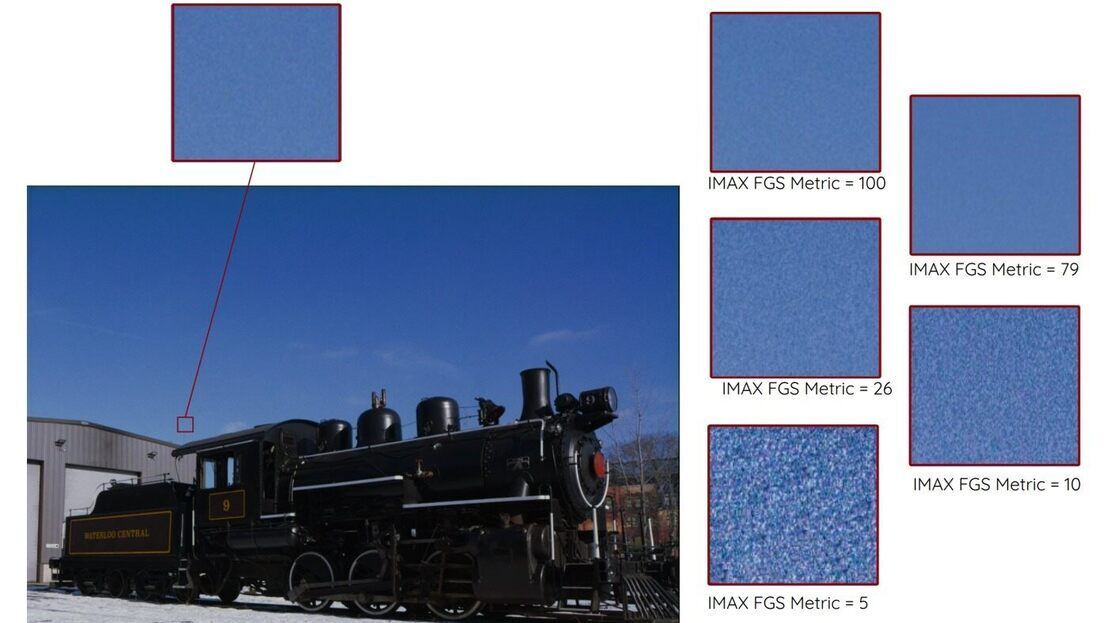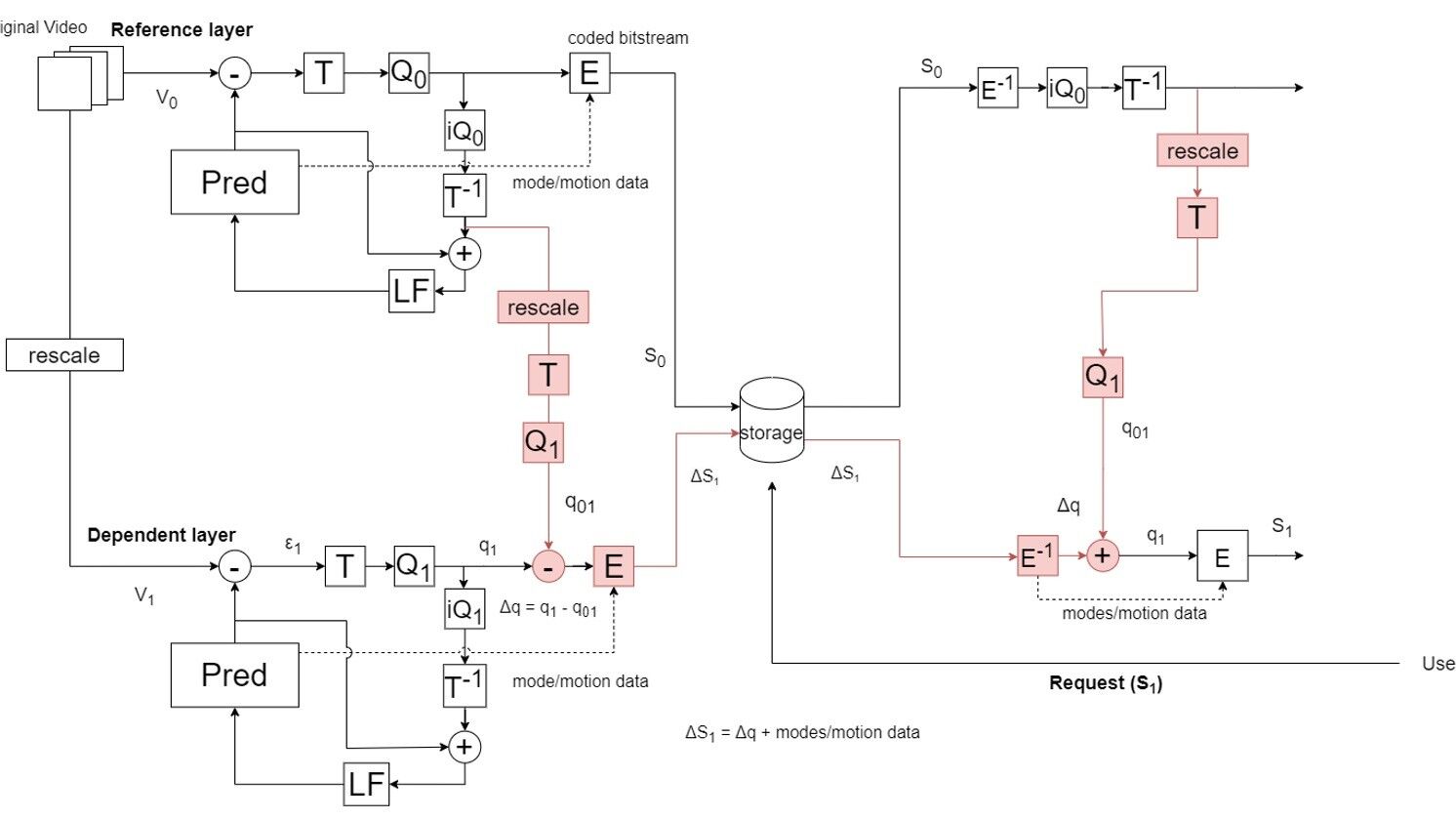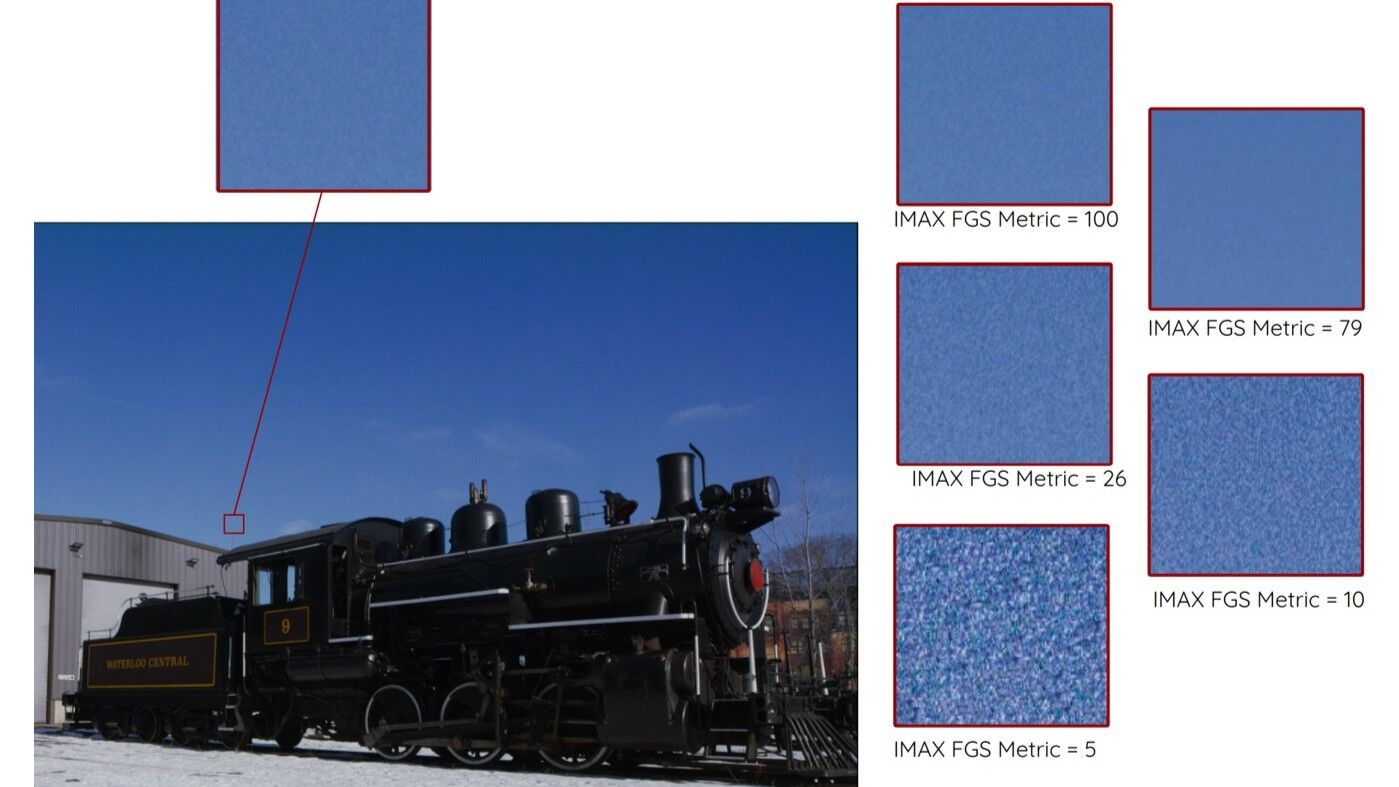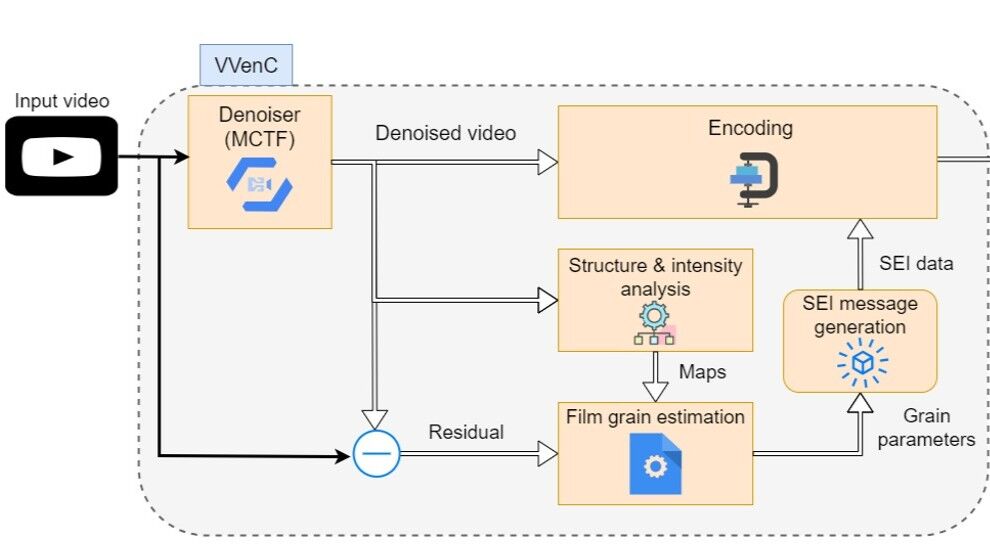This paper starts with an overview of the latest VVC adoption and deployment status including an overview and comparison of VVC profiles in major application standards. The paper provides an overview of the MC-IF VVC technical guidelines which document VVC interoperability points adopted across relevant application specifications.
VVC coding technology has been developed and maintained by the Joint Video Experts Team (JVET), a joint video expert team of the Question 6 (VCEG) of ITU-T Study Group 16 and the MPEG group of ISO/IEC JTC 1/SC 29 since 2017. VVC version 1 (ITU-T Recommendation H.266 | International Standard 23090-3 (MPEG-I Part 3)), specifying core coding technology, was finalized in 2020. Version 2 of the standard, enabling support of higher of bit-depth and bitrates, was finalized in 2023. Associated metadata signalled in supplemental enhancement information (SEI) messages were specified in VVC standard itself and in the VSEI standard (Versatile SEI messages for coded video bitstreams) (ITU-T Recommendation H.274 | ISO/IEC 23002-7).
As a core video coding standard, VVC (Versatile Video Coding) has been shown to achieve coding efficiency gains of 40-50% over previous generation codecs. It has been surrounded by a suite of enabling specifications and has now been included in major broadcast application standards. This paper outlines...
Exclusive Content
This article is available with a Technical Paper Pass
Opportunities for emerging 5G and wifi 6E technology in modern wireless production
This paper examines the changing regulatory framework and the complex technical choices now available to broadcasters for modern wireless IP production.
Leveraging AI to reduce technical expertise in media production and optimise workflows
Tech Papers 2025: This paper presents a series of PoCs that leverage AI to streamline broadcasting gallery operations, facilitate remote collaboration and enhance media production workflows.
Automatic quality control of broadcast audio
Tech Papers 2025: This paper describes work undertaken as part of the AQUA project funded by InnovateUK to address shortfalls in automated audio QC processes with an automated software solution for both production and distribution of audio content on premises or in the cloud.
Demonstration of AI-based fancam production for the Kohaku Uta Gassen using 8K cameras and VVERTIGO post-production pipeline
Tech Papers 2025: This paper details a successful demonstration of an AI-based fancam production pipeline that uses 8K cameras and the VVERTIGO post-production system to automatically generate personalized video content for the Kohaku Uta Gassen.
EBU Neo - a sophisticated multilingual chatbot for a trusted news ecosystem exploration
Tech Papers 2025: The paper introduces NEO, a sophisticated multilingual chatbot designed to support a trusted news ecosystem.






